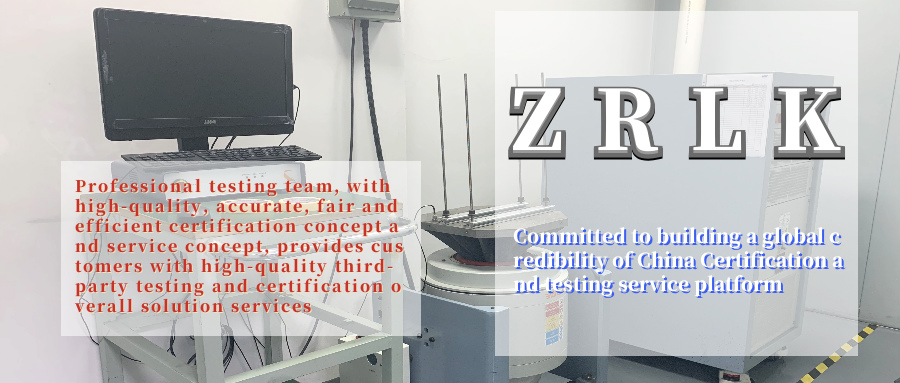
Certification Introduction
The certification of radio frequency equipment in Japan is called Radio Equipment Type Approval. The official control agency is Japan ’s Ministry of Internal Affairs and Communications (MIC) (Ministry of Internal Affairs and Communications). The main certification authority is TELEC (Telecom Engineering Center) designated by MIC. / JQA / SGS / ITS / TUV / UL and a total of 12 other certification agencies, so it is usually called TELEC certification, and it is also called MIC certification, RF certification, GITEKI certification, technical certification, similar to domestic SRRC certification.
The TELEC certification follows Japan ’s Radio Law, and the specific test specifications follow the MIC (No.88 Ministry of Internal Affairs and Communications) regulation. According to the requirements of Japan's "Radio Wave Law", the production, sale, and operation of wireless equipment in Japan must comply with the technical regulations approved by MIC, and compulsorily apply for a type approval certificate for radio equipment (ie, TELEC certification).
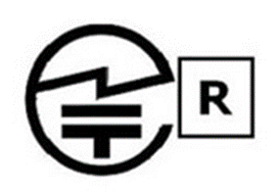
TELEC certification basic information
Whether mandatory: mandatory certification
Factory inspection requirements: no requirements, but ISO certificates or approved quality control documents are required
Certificate holder requirements: no requirements
Certificate validity period: none
Certification cycle: about 4 weeks
Technical information: voltage frequency AC 100V / 200V, 50Hz / 60Hz, plug JIS 8303
Description of TELEC certification, GITEKI certification, MIC certification and MARK certification
· TELEC certification and GITEKI certification
Japan ’s TELEC is called TELECom Engineering Center. It is a certification agency for the “Radio Wave Act” approved by the Ministry of Internal Affairs and Communications. In 2014, the TELEC institution also obtained the certification for the “Electrical Communication Business Act”. Nowadays, TELEC certification is equivalent to GITEKI certification .
· TELEC certification and MIC certification
The Ministry of Internal Affairs and Communications of Japan is referred to as MIC, and the English name is Ministry of Internal Affairs and Communications. The Ministry of Internal Affairs and Communications is the regulatory body of Japan ’s “Radio Wave Law” and “Electrical and Communications Business Law”. Generally speaking, MIC certification is equivalent to TELEC certification.
· TELEC certification and MARK certification
After passing the TELEC certification, the product can be printed with the GITEKI logo. GITEKI is derived from the Japanese name for certification: "technical マ ー ク", the Japanese word is suitable for Roman spelling GITEKI, so GITEKI certification is also known as technical certification, GITEKI certification and Skills certification is just a different name.
Certification classification
TELEC certification includes Test Certification and Type Certification. The test certification is to verify each equipment unit, and the certification is only valid for each verified equipment unit;
Type certification refers to the verification of samples of a batch of equipment of the same design and manufacture. The certification is valid for the batch of equipment, but if the design or manufacturing of the equipment changes, the equipment will need to be re-certified.
It is worth noting that the use of non-low-power radio stations and their terminal equipment requires a license from MIC. In addition, there are two cases for compliance certification of telecommunications terminal equipment:
· For ordinary telephone devices, as long as the JATE certification is required according to the Telecommunications Business Law;
· For wireless terminal equipment, in addition to JATE certification required by the Telecommunications Business Law, TELEC certification is also required according to the Radio Law.
Applicable product range
TELEC certification targets wireless RF products including: Bluetooth products, ZigBee products, telemeters, WiFi products, wireless microphones, pagers, LTE · RFID (2.4GHz, 920MHz) products, UWB radio systems, GSM products, etc.
application process
1. Fill in the application form, prepare the materials and samples
2. The testing agency reviews the data and initially tests the samples
3. The testing agency formally applies to an institution approved by the MIC of the Ministry of General Affairs
4. Institutional review documents
5. Sample test, provide test report (can be tested by authorized laboratory)
6. The Japanese MIC issued a certificate after the documents and test report were passed
Application materials
1. Technical model specification table
2. Statement of Quality Management System
3. Quality control confirmation method or manufacturer's ISO 9001 certificate
4. Confirmation letter of construction guarantee
5. Rated power statement
6. Antenna report
7. Test report including test results, test setup photos and inspections performed)
8.Block diagram, schematic diagram, bill of materials, part placement, IC data sheet, internal and external photos, product description, user manual, operation / technical description, accessory description)
9, label information label location, label content)
10. If you act as an agent or authorized representative, you still need a letter of attorney / authorization letter
Certification fee
The cost of TELEC certification varies according to the product and function. For example, the product has Bluetooth, WIFI function, 2.4GHz function, the number of functions is different, the cost is different, and even the Bluetooth single mode and dual mode are different, the cost is also different. Specific TELEC certification fee issues need to be quoted after evaluation. Most of the TELEC certification quotes for common products are from 10,000 yuan.
other
Test requirements for Bluetooth and WIFI products
The test certification is for each device unit. The certification is only valid for each verified device unit. The test items of WiFi and Bluetooth products are basically similar to the European standard EN300 328. Among them, 2.4GHz WiFi products (802.11b / g, 2412 ~ 2472 MHz) and Bluetooth products use the standard MIC Notice No.88 Annex43, but for the 14 channels of 2.4GHz WiFi products (Channel 14: 2471 ~ 2497MHz), you need to use Annex44 to test and issue a report, The corresponding fee also needs to be increased. For 5GHz WiFi products (802.11a, 5180 ~ 5320MHz, W52 Band and W53 Band), the test standard followed is Annex45, but it should be noted that the data shows that MIC will modify Annex45 in the near future, and the 5.6GHz device (Band W56) will also It is included in Annex45 and has stricter DFS test requirements for Band 56 band.
Bluetooth product test content
1. Frequency error measurement (Frequency Error Measurement)
2. Coupling bandwidth / carrier frequency bandwidth test (Occupied Bandwidth and Spread-spectrum Bandwidth / Factor)
3. Unwanted Emission Intensity Measurement
4. Antenna Power Error Measurement
5. Limitation of Collateral Emission of Receiver Measurement
6. EIRP Antenna Power Test (Transmission Antenna Gain (EIRP Antenna Power) Measurement)
7. 3dB Lobe Bandwidth Test (Transmission Radiation Angle Width (3dB Beamwidth) Measurement)
8. Duty Cycle Measurement
9. Occupation time test (retention time)

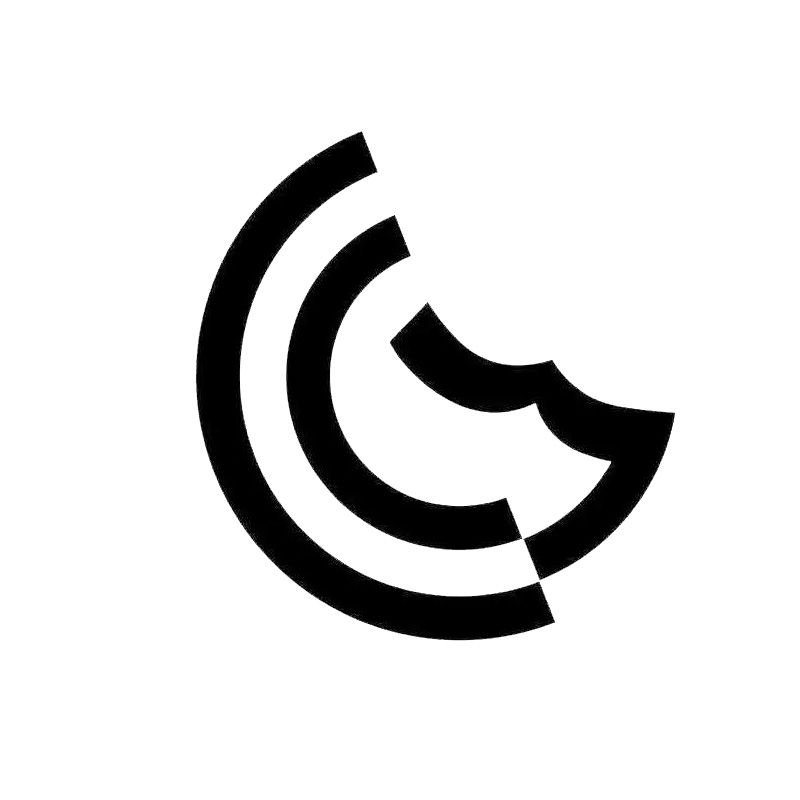
GCC certification is a mandatory certification system implemented by the Gulf Cooperation Council (GCC) for products entering the markets of its member countries, aiming to ensure that products meet regional unified technical specifications and safety standards. It is mainly applicable to the seven Gulf countries, namely the Kingdom of Saudi Arabia, the United Arab Emirates, Kuwait, Qatar, the Republic of Yemen, the Kingdom of Bahrain and Oman.
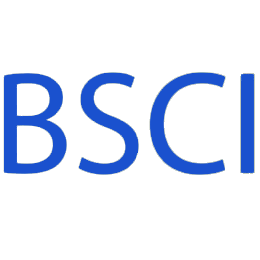
BSCI certification is an abbreviation of BusinessSocialComplianceInitiative, and Chinese is called business social standard certification. BSCI is an organization that advocates the business community to abide by social responsibility. At the same time, it is a non-profit organization.
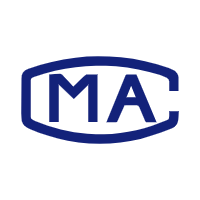
CMA, the name is \"China Metrology Accreditation\", the abbreviation of \"China Metrology Accreditation\" in English. According to the provisions of Article 22 of the Metrology Law of the People’s Republic of China: “The product quality inspection agency that provides notarized data to the society must be evaluated by the metrological administrative department of the people’s government at or above the provincial level for the capability and reliability of metrological verification and testing. Qualified.\"
The certification of radio frequency equipment in Japan is called Radio Equipment Type Approval. The official control agency is Japan ’s Ministry of Internal Affairs and Communications (MIC) (Ministry of Internal Affairs and Communications).
Get a quote